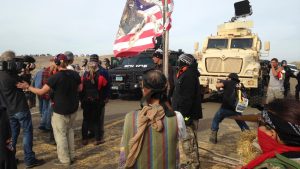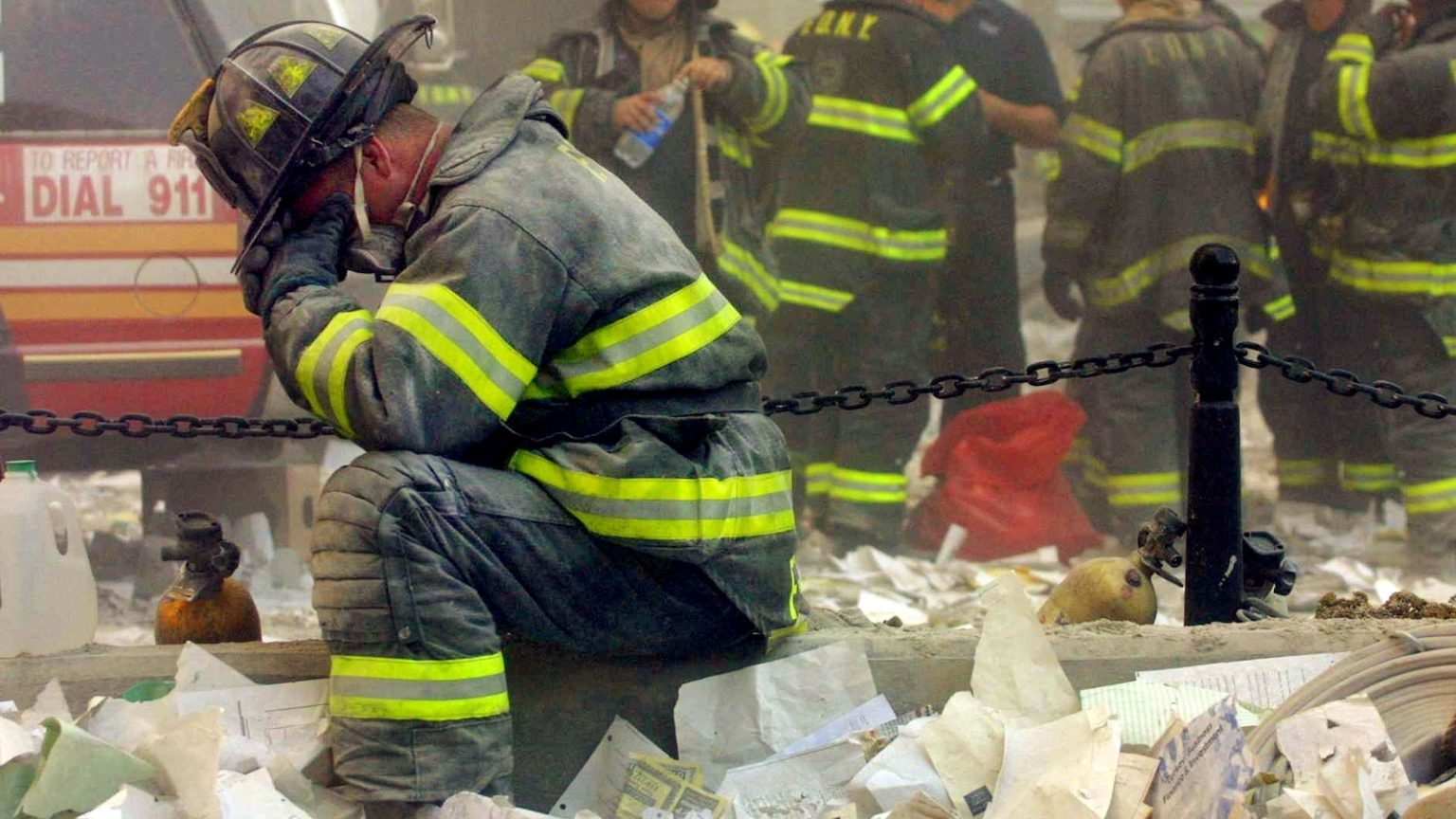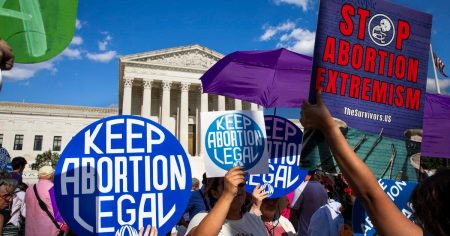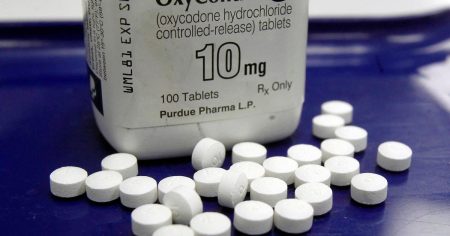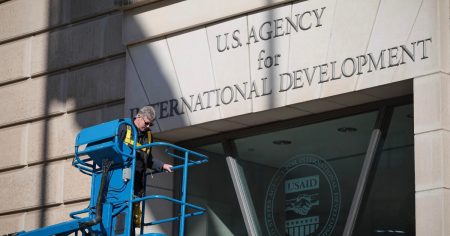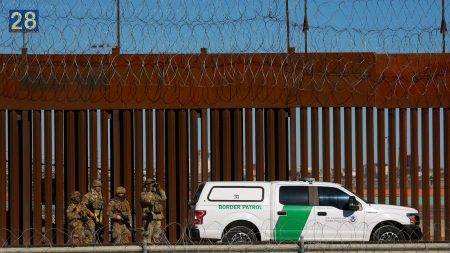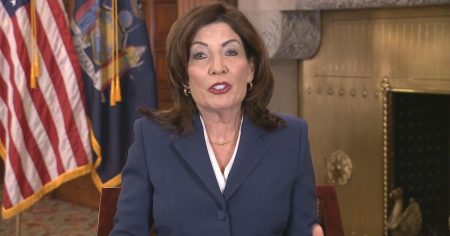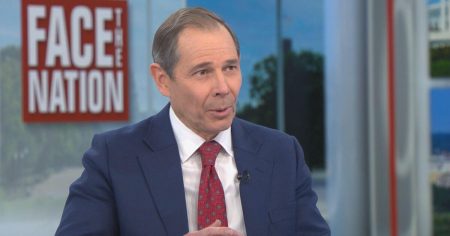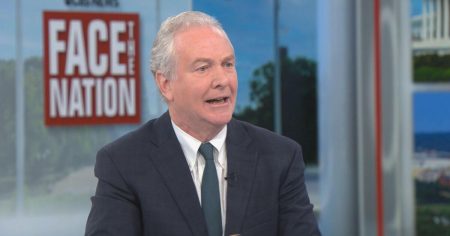Impact of Trump Administration’s Workforce Cuts on 9/11 First Responders
The Trump administration’s decision to cut the federal workforce has sparked widespread concern, particularly regarding its impact on the World Trade Center Health Program and the health of 9/11 first responders. Critics argue that these cuts jeopardize the well-being of those who risked their lives during and after the tragic events of September 11, 2001. The World Trade Center Health Program, established to provide medical care and benefits to responders and survivors exposed to toxic substances at Ground Zero, is now facing significant challenges due to these layoffs.
Staff Reductions and Their Consequences
The layoffs at the Centers for Disease Control and Prevention (CDC) have directly affected the World Trade Center Health Program. Sixteen probationary staff members were fired, and several full-time employees accepted buyouts, resulting in a 20% reduction in the program’s workforce. This workforce reduction is alarming because these staff members were responsible for supervising and administering the program, ensuring that responders and survivors receive the medical care they need. Additionally, research grants that fund critical studies at the New York City Fire Department (FDNY) to identify new health conditions linked to 9/11 service have been cut. These cuts threaten the program’s ability to make timely decisions on certifications for treating new cancers and other health conditions, as well as expanding coverage for autoimmune and cardiac conditions.
Delays in Medical Care and Treatment
The layoffs and buyouts have created a backlog in processing certifications for treatment, delaying crucial medical care for responders and survivors. Benjamin Chevat, of Citizens for the Extension of the James Zadroga Act, emphasized that these cuts will lead to slower decision-making on pending petitions to include autoimmune and cardiac conditions in the program. Furthermore, the reduction in staff means fewer resources to address issues with prescriptions and treatment, leaving many first responders without the support they desperately need. Chevat expressed disbelief that the Trump administration or the new Health and Human Services Secretary, Robert Kennedy Jr., would intentionally harm 9/11 responders and survivors, but he warned that these cuts would inevitably have that effect.
A Broken Promise to 9/11 Heroes
The World Trade Center Health Program was created in 2011 as part of the Zadroga Act, which was extended until 2090 to address the growing number of people contracting 9/11-related illnesses. Approximately 140,000 survivors, including around 12,000 who enrolled last year alone, rely on this program for their health care needs. However, the recent funding cuts and layoffs have raised concerns that the program will no longer be able to fulfill its mission. Senate Minority Leader Chuck Schumer and Sen. Kirsten Gillibrand have been vocal in their opposition to these cuts, calling them a betrayal of the nation’s promise to 9/11 first responders.
In a joint statement, Schumer and Gillibrand demanded that Health and Human Services Secretary Robert Kennedy Jr. restore the funds. Schumer called the cuts “unacceptable and un-American,” stating that “‘Never forget’ is not just a slogan—it’s a sacred promise to always stand by 9/11 heroes.” The senators emphasized that the cuts mean layoffs for dedicated staff, delayed care for sick responders, and a failure to support those who risked everything to protect the nation.
The Fight to Restore Funding
The senators’ statement highlights the devastating impact of these cuts on the program’s ability to provide timely and adequate care to sick responders and survivors. Gillibrand called the cuts a “betrayal of our heroes who stepped up


